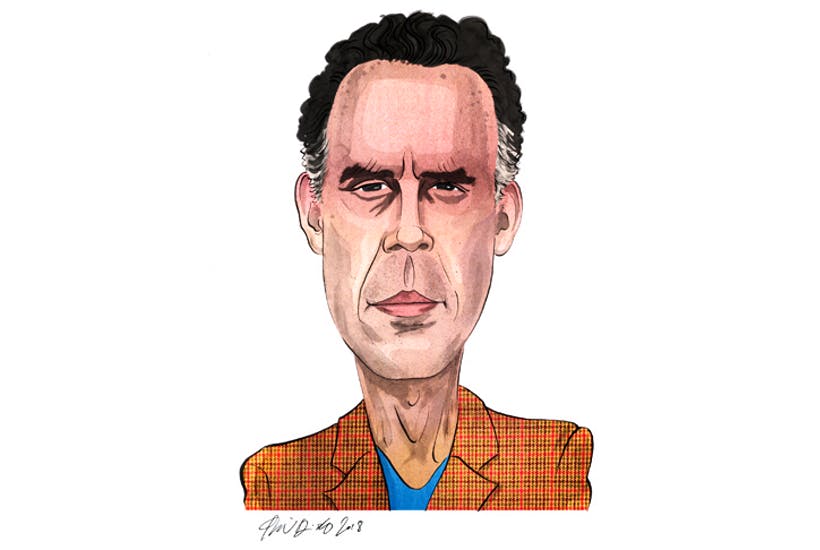I have mixed feelings about Jordan Peterson, whose 12 Rules for Life I have just ploughed through. There is much socially conservative psychobabble, and life-coachy earnestness, and it’s far too long. But I am in some sympathy with his project. I am interested in its semi-religiosity.
His core message is that people should aim high, ‘take the heroic path’, serve a vision of goodness and truth, though this entails sacrifice, and acceptance of the suffering intrinsic to life. No Christian should sniff at such rhetoric, and I do not. But we should sniff around its edges, to ask what exactly he’s up to.
His primary influences are the spiritual existentialists of the early twentieth century, especially Jung and Heidegger – he talks a lot about ‘Being’, meaning reality as it’s lived by humans with souls. Also, though this is unstated, he echoes Protestant theologians who were influenced by such ideas, such as Paul Tillich. I lapped up Tillich’s books as an undergraduate, because I wanted a semi-secularised Christian message, which presented faith in terms of psychological daring. Thus Peterson defines faith as ‘the realisation that the tragic irrationalities of life must be counterbalanced by an equally irrational commitment to the essential goodness of Being.’ This sort of writing speaks to many young cultural Christians (probably mainly male ones) who are seeking a larger idea of wisdom than secular discourse offers. Importantly, it encourages them to see their psychological anguish as meaningful, as part of the pursuit of truth, and not as a mere pathology that pills might cure. I approve.
But it should also be said that such a message is theologically middlebrow. It dodges the question of whether this noble existential path ultimately rests on Christianity for its coherence. Referring to the Bible’s valuable life-lessons, Peterson prefers to speak of ‘archetypes’ and ‘the collective human imagination’. Is he really a Christian who uses these vague terms in order to speak to the agnostic? No, he really is agnostic about whether Christianity is uniquely important. And, as he says in this interview with Tim Lott, he is agnostic about whether Christian teachings have more than metaphorical truth.
Fair enough. But – at the risk of sounding condescending – this is an immature theological position, not highly versed in the recent history of ideas. It is a position that flourished in the mid twentieth century, but was undermined by thinkers (such as Karl Barth, Wittgenstein, MacIntyre) who pointed out its muddled conflation of theology with rational humanism.
My prediction is that Peterson will deepen his theological investigations and, judging from his social conservatism, become a Roman Catholic within a year or two.







Comments